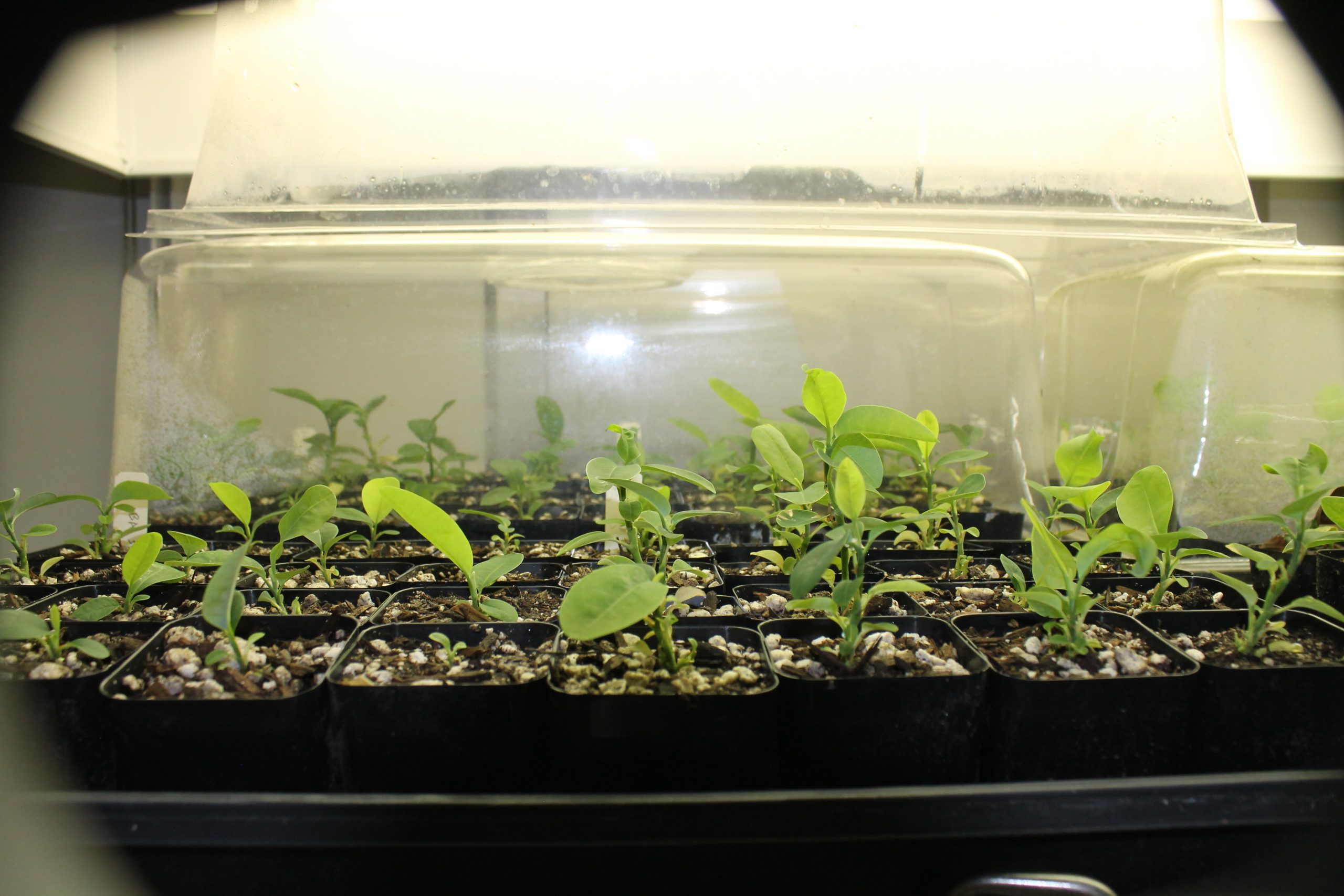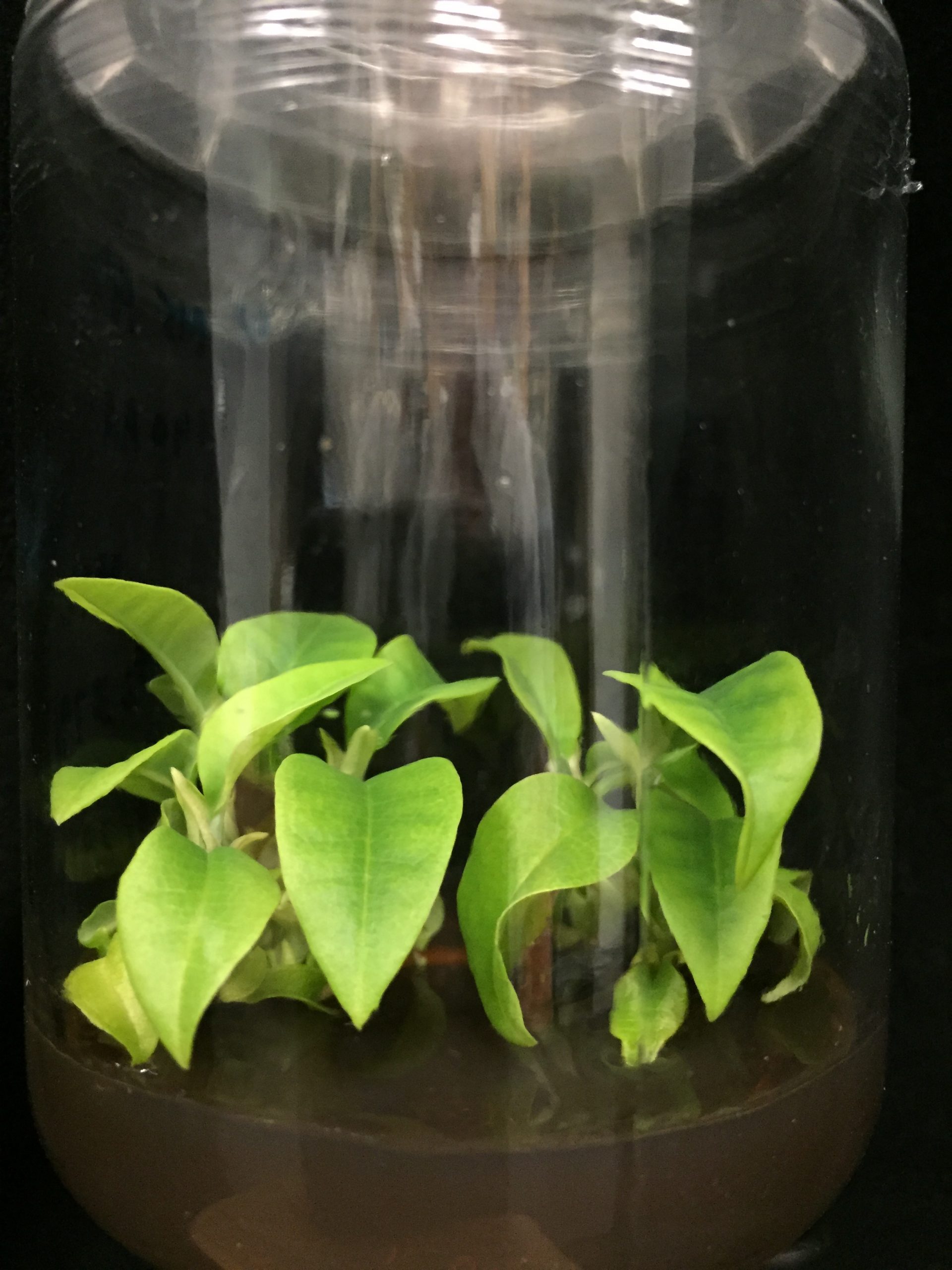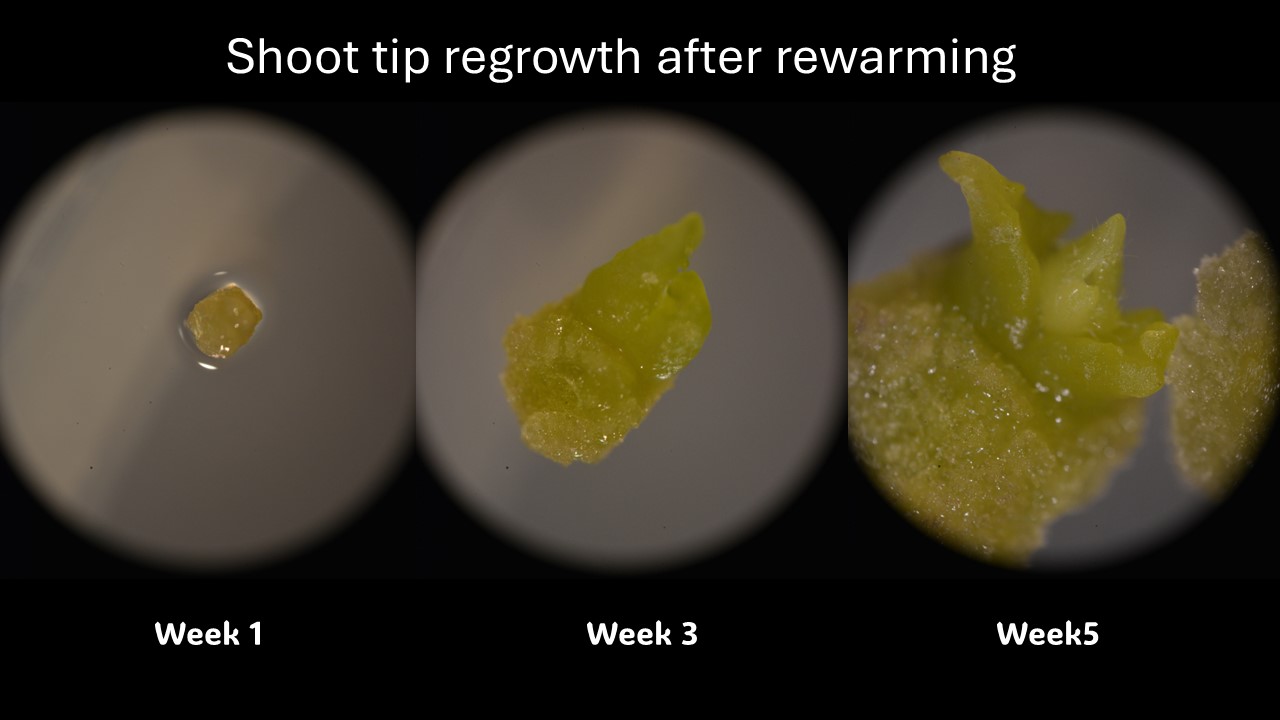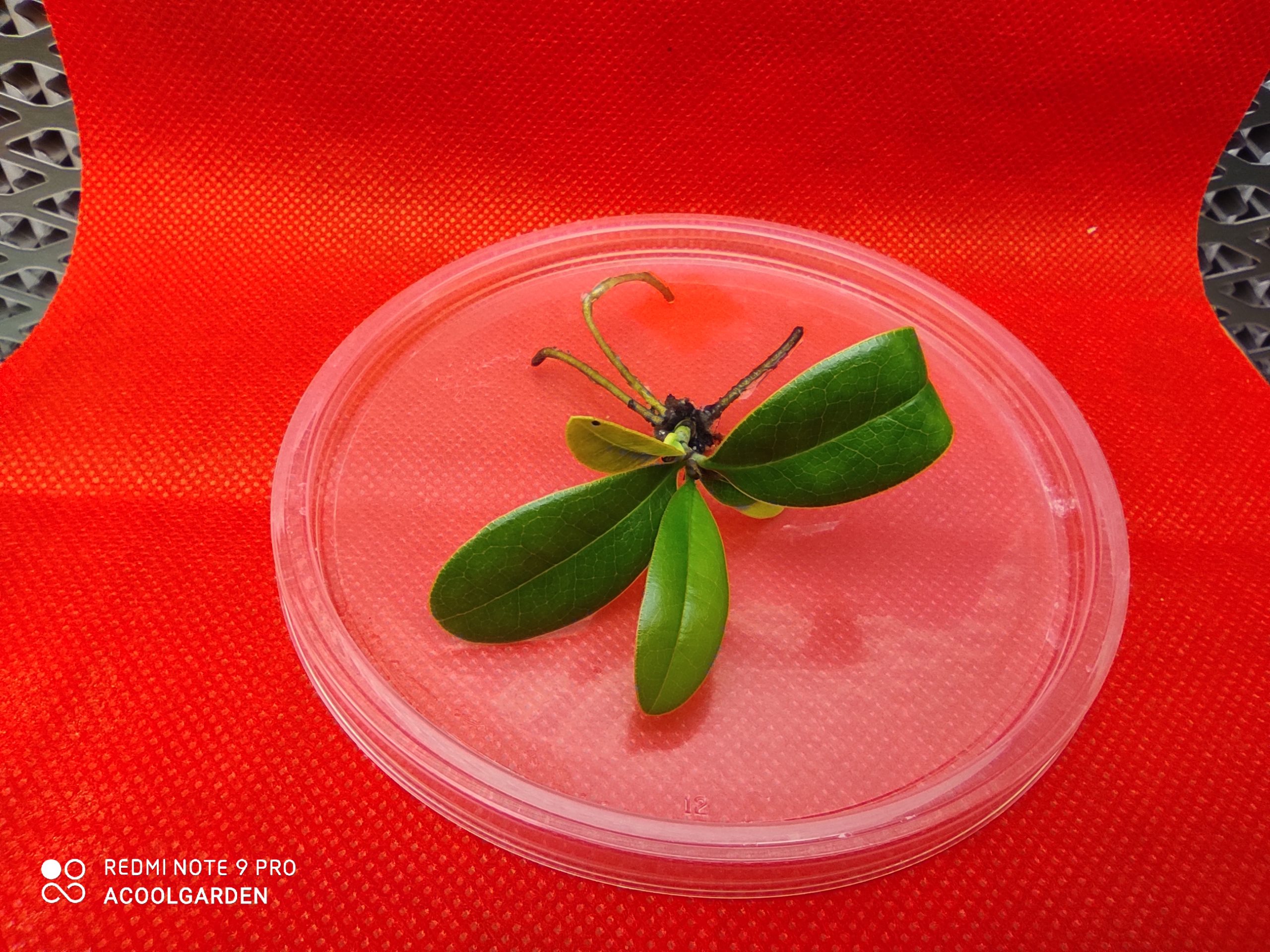The Huntington Cryobiotechnology Program: Magnolia Case
Since 2014, The Huntington Botanical Gardens has established projects focused on designing and optimizing plant cryobiotechnology tools, including tissue culture and cryopreservation techniques. We also maintain in vitro repositories for different groups of plants with particular interest in conservation, such as aloes, agaves, avocados, magnolias, and oaks. The in vitro repositories (tissue-cultured plants under regular and slow growth conditions) allow short and middle-term conservation of plants, and they are available for distribution or reintroduction in the field. The Huntington Cryobiotechnology program also focuses on strategies from collecting plant material to rooting and acclimating before the plants return to field conditions. Here, we present a case study on magnolias.
According to the Red List of Magnoliaceae, half of the Magnoliaceae taxa are worldwide threatened with extinction. The magnolias are mostly appreciated as ornamental plants; their perfume and timber are considered for industrial use, and some species are studied for their potential use as medicinal plants. Besides the in situ conservation of those taxa, developing efficient ex-situ conservation methods plays a crucial role in maintaining Magnoliaceae biodiversity.

Although seed and field banks are the traditional methods for the ex-situ preservation of plant species, seeds from many magnolia species cannot be seed banked. Therefore, the long-term conservation of these plants can be assessed using cryobiotechnological methods. More than 60 accessions of more than 40 magnolia taxa have been introduced in vitro. Some represent endangered species collected at The Huntington and other field collections or from natural populations in Alabama, Florida, Puerto Rico, and Mexico.
At The Huntington, we have optimized micropropagation protocols for some magnolia species, resulting in a tissue culture collection of more than 35 taxa and representing the world’s first in vitro repository for clonal magnolias. Additionally, we have been optimizing the rooting and acclimation of the in vitro shoots to the ex-vitro conditions. The studies resulted in the production of rooted plants that have been planted at The Huntington and other botanical gardens.
We developed the first cryopreservation protocol to conserve meristems from magnolia, using a plant of Ashe’s magnolia collected at The Arnold Arboretum. More cryopreservation studies are underway, and the final goal is to obtain standard methods to bank trees and shrubs from wild-collected magnolias. Altogether, it will allow for a reduction in costs and the risk of loss of important species.


